|
I have winter blues, and my experience of it can be rather extreme, so for years I have been thrilled to get the sun back when spring comes, and Daylight Saving Time has always seemed to be a part of that, for me. But over the past year or so, I have been gradually realizing that the time change can be both a kiss and a kick... Out of Sync Moving our clocks in either direction changes the principal time cue -- light -- for setting and resetting our 24-hour natural cycle, or circadian rhythm. In doing so, our internal clock becomes out of sync or mismatched with our current day-night cycle. -WebMD During the winter, part of my morning routine is trying to make myself get up and fiercely not wanting to, until it's late in the day. My evening routine includes wishing I could get myself to bed but not feeling sleepy, and wondering what the hour count will be for sleep by the time I finally get myself to bed. My light box has transformed both routines, thank goodness, and made it possible to both to get up earlier and to go to bed at an earlier time. Even mealtimes are affected, because the earlier I eat my meals, the more my body conforms to a closer-to-normal schedule. But gradually, I have been coming to realize that the time change to Daylight Saving Time creates a challenge for me, even as it also adds more sunlight to my day. See if you are experiencing the same challenges, even if you don't have winter blues... (1) Waking Up & Getting Up - feeling like it's the wrong time, or shouldn't/couldn't be the time it says it is on the clock and struggling now to get going, even if that time was working for you before. I was already challenged to get up by 8am, but now 8am is really 7am and by body is still quite sure that that is way too early. (2) Work or Morning Routine Tasks - it's time to start the day, but your body's engine is still cold. You have things to do, and you start, but it's not working the way it should. You can't even depend on your thinking skills the way you normally do, and sometimes it feels like you are slowed down. For me, it means setting a goal to leave the house to run an errand at a certain, and actually leaving hours later. Or having an appointment and being a few minutes late, when usually, I manage to get there early. (3) Mealtimes - not being hungry when you should eat, which then affects the other meals and throws them off in your schedule. Because I wake up slowly, and am more of night owl, I am not hungry right away. But I had a schedule going that worked for me, thanks to my light box. Now, it has been pushed back an hour, so my morning tea is late, breakfast is late, lunch doesn't always happen and by dinner, I'm starving, but it's late, too. My schedule, even for eating, is off. (4) Your Evening Routine - the wind-down period for bed begins later than it usually does. When you work from home, it can be all too easy to always be working. And I have made an effort to bring my work to a close by dnnertime, or as soon after dinner as possible. But this month, it is still light for hours after we eat dinner. And I don't feel the cues to begin to slow down, and let go of the work. I find myself closing my laptop, trying to read and feeling bored (restless?), and then, getting it back out again to get online. So my evening routine is not quite working for me right now. (5) Bedtime - you find yourself going to bed later than you usually do. If I am trying to get to bed by 11pm, but at 11pm, my body knows it is still 10pm, I can understand why that becomes a struggle. But for some reason, it is even harder than that. It is as if 11pm feels like 9, and I am still awake and alert hours later. 3 Suggestions If You're Still Adjusting Experts say that if you're experiencing those challenges, too, they are normal reactions to the time change. Daylight Saving Time affects your light cues, so they say that getting as much exposure to light as you can during the day will help you transition to the change in time. And avoiding bright light after dark may help you reset your clock at night, as well. One article I read compared the time change to travel to different areas and trying to adjust to the differences in time. If you have been slow to adjust, as I have, it's only a matter of time (pun intended) before things get back to normal. But increasing your cues around waking up and going to sleep may help you in the meantime. You may have to act against what feels natural, for a while, until it feels normal again. Here are three suggestions for doing so... (1) In the evening, turn off a lamp or two earlier than you normally would or use dimmer switches, closing the curtains and creating the sense of darkness closer to the time you are used to seeing it go dark. (2) Create more bright light exposure in the morning to support getting up at what feels like an earlier time, and to help you adjust to an earlier need for alertness. (3) For meals, I suggest eating smaller amounts at the regular times, so it helps you reset your eating schedule. You may think of other ways to support the shift, too. For example, calming evening routines that help you wind down more easily, hours before bedtime. Here's hoping we have all adjusted in time for the beauty of April flowers. And for more tips and suggestions for your morning routine or evening routine, check out my free lifestyle library. See you next time! Love, Jeanine
0 Comments
Hey, beloveds! I have to confess that I do not find the topic of financial strategies very fascinating. And I am rarely happy about making a budget. But boy, do I care about saving money on groceries, so I can have money leftover for other things. And I want to learn to save better and more. So I am sharing this financial toolkit - the ultimate bundle, even though I don't talk about money very much here. Because I am committed to helping make mom life easier and I know this bundle can help. If you worry about money, it might be for you. Take a look and see what you think... If you’ve ever wondered whether you’re destined to always struggle with money, I can relate! And I want to tell you about a free class called The Financial Freedom Blueprint - A 5 step plan for creating an awesome, worry-free future for you and your family. You’ll be learning from Lauren Greutman, blogger, Consumer Savings expert, and mother of four. As a blogger and mother of four, Lauren has found money tips that work, without having to sacrifice your sanity (or work all the time!). Register for the free class here and get lots of inspiration and practical tips for to make your money work for you. She’ll teach you how to...
I'm looking forward to it, myself! Sign up for it now while there's still time. I don't want you to miss it. Love, Jeanine I have been reading a passage from the gospels each day for Lent, this year, and for the last several days, have been reading whatever passage is recommended on the Forward Movement website. Today's passage was one I hadn't read in a while, and reading it today reminded me of something that surprised me. Read on, and then tell me what you think... When Jesus saw him lying there and knew that he had been there a long time, he said to him, "Do you want to be made well?" - John 5:6 Though we don't know this man's story, the idea that he had not been well for a long time reminds me of what it's like to have a chronic illness. I haven't been well for a long time, either. Jesus heals him, but first He asks him if he wants to be made well. To me, it seems like a strange question. Who wouldn't rather be well, if they had the choice? And though I am no Biblical expert, I believe that this is not a straightforward question from Jesus. I think He often says things that don't mean exactly what they say, without context, or an implied deeper meaning. Maybe He is implying some kind of secondary gain - a benefit the sick person receives because of being sick (for example, sick leave, or attention they wouldn't normally get from their loved ones) - that He thinks this man wouldn't want to lose. Experts warn against making people responsible for being sick or in pain and suggest that we might use this idea of secondary gain way too much. But does it ever happen? I imagine so. I am not sure it would influence someone to refuse healing, though. I would say yes in a heartbeat (this is not news to God). The truth is, I don't think we can know exactly why Jesus asked him that question. But read on and I'll tell you what I think was happening in this encounter. In any case, he was healed! What would you say if offered healing? Think about the struggles you have had for a long time. Are you ready and willing to let go of them? What about the Others Who Were There? I also noticed that the story suggests that Jesus only healed one person during that time. It's possible that others were healed, but there stories were not used as examples in this passage. Or, it may be that only he was healed. Why are some people healed and not others? Though that is another question I don't know the answer to, and I believe we can't know with any certainty, I do believe we can trust God. Last year, my mother died of cancer (that's a black-and-white picture of her in the picture above). As a healer, I prayed for her to be healed and tried to help her heal in every way I knew how. I was angry when she died. Crushed. But ultimately, I was able to let go of my "if onlys" and my re-telling of her story in ways that ended with her still alive. Even though I don't know why it happened. I have had a chronic illness for 25 years. I would love to be free of it, and I don't know why I haven't yet been healed of it. But in spite of my regret that it hasn't yet happened, I have decided not to believe that it makes a statement about who or how God is. If God is good, all the time, then my mother's death and my own autoimmune disorder have to go somewhere else. They can't be answers to, "is God good?" Even if I have no idea where to put them. I am willing not to know the answer. Even when I am angry or sad or worried. If you have a chronic illness, or you've lost someone who did not get healed, how have you grappled with it? If Jesus only healed one of the many people who needed healing that day, what do you make of it? And have you had a conversation with God about your own willingness to be healed? What, Jesus? Say What, Now? (Bible Quote) "See you have been made well. Do not sin any more, so that nothing worse happens to you." - John 5 Before we even get to the idea that any person not part of the trinity is capable of never sinning again, let's think about the implication: maybe he was so sick because of sin. What??? But I have to tell you, I have heard it before. I used to go to a church years ago that seemed to imply all the time that it was our responsibility - now that we were Christians - to become perfect. And if we were ill, or struggling with money, or other issues, there must be sin in our lives. For a while, that was a perfect fit for me. I already felt embarrassed about being sick. Sometimes, ashamed, for no reasons that I could identify. Did it embarrass my mother and I learned it from her? I don't know, but the idea that my illness was somehow my fault found a perfect match in this church's ideology. I eventually left that church and I no longer believe that illness is a physical manifestation of sin. If it were, then why isn't there a one-to-one correspondence happening all around the world? And why weren't people sick one day, then forgiven and thus, healed, the next? No moments without sin? Okay, but that could describe lots of people, I am sure. Why are some of them completely healthy? So it doesn't work as a philosophy or belief. Which makes me wonder why Jesus said it. Here's what I suspect: I believe that when He had that conversation with the man He healed, it was personal to his situation. If He didn't somehow know him, in advance, He knew of him, or had heard about his situation. And I think He expected him to know exactly what He meant. Let me give you an example from my own life. If God healed me, I think He would say something like, "don't forget what you've learned about rest, and pushing yourself so hard in the pursuit of perfection. I know you may go a little wild for a bit, doing all the things you haven't been able to do. But when you settle down, remember." And I would know exactly what He meant, because I have been hearing similar messages and learning that lesson for decades. Maybe I should say not learning and then, finally, beginning to learn, but you get the idea. Someone else who heard it, would not be meant to apply that to herself and her own struggle with chronic illness, because He'd have something entirely different to say to her. But even if I am wrong about that, and there is some other explanation I don't know yet, I do not think that He was trying to teach us that when we're sick, it is because we have sinned. I am convinced that's not it, even if I don't know yet, what is. And as I mentioned above, I am willing not to know yet. What about you? Have you heard the idea that illness is our fault? That there must be sin in our lives if we are sick? What do you think about that idea? If you disagree, how do you explain what Jesus said? Want access to free resources for deepening your faith? Go to my free lifestyle library. You'll also get help with meal planning, hygge at home, perfecting your morning routine & other lifestyle topics. Thanks for reading! See you next time. Love, Jeanine Want to free up money in your budget? Download a free eBook and learn how to save money on food, raise your kids (without spending an arm and a leg), cut your household expenses, and go on date nights on a budget. My favorite tips, so far, are about - you guessed it - saving money on groceries. And I have to agree with what one of the bloggers said. It's something I am not yet doing, but after reading her tip, I am going to try. To download the book, clock the graphic above. Note that it is only available for a limited time, so grab it now. See you next time! Love, Jeanine During Lent, Jesus took 40 days to consecrate himself to his purpose. Those who look at him through a biblical lens know that in the biblical story, that purpose included death on the cross and then, resurrection after three days. These days, many people use Lent for self-reflection, personal growth and spiritual growth. But a larger purpose may be getting closer to God. This year, beginning on March 6th, I encourage you to create contemplative moments of retreat for yourself during Lent. Create a Contemplative Lenten Practice
Instead of just reading a great book this year, grab your journal and a cup of tea each time, so you can really dive in, during your morning quiet time routine. After reading a Bible passage or devotional story, think about what the passage or story means to you. Imagine it happening, as if you were there, and take in its truth. Use the passage or devotional as a journal prompt & write down any insights or questions that come to mind, offering yourself up for a deeper understanding. Lenten Devotionals: What I'll Be Reading
What will you be reading during this Lenten season? See you next time! Love, Jeanine |
Hi, I'm
|
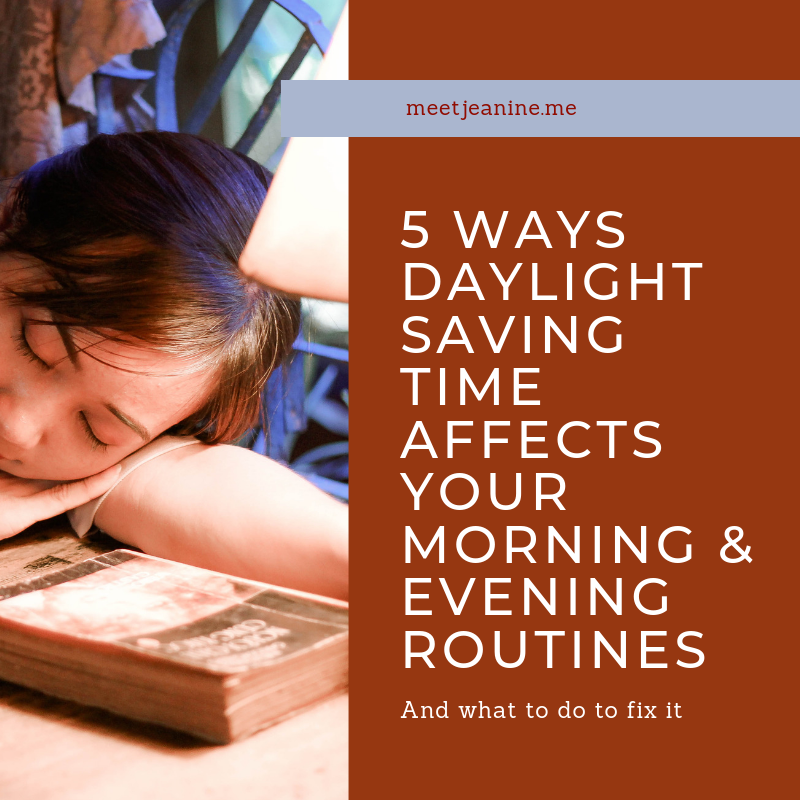
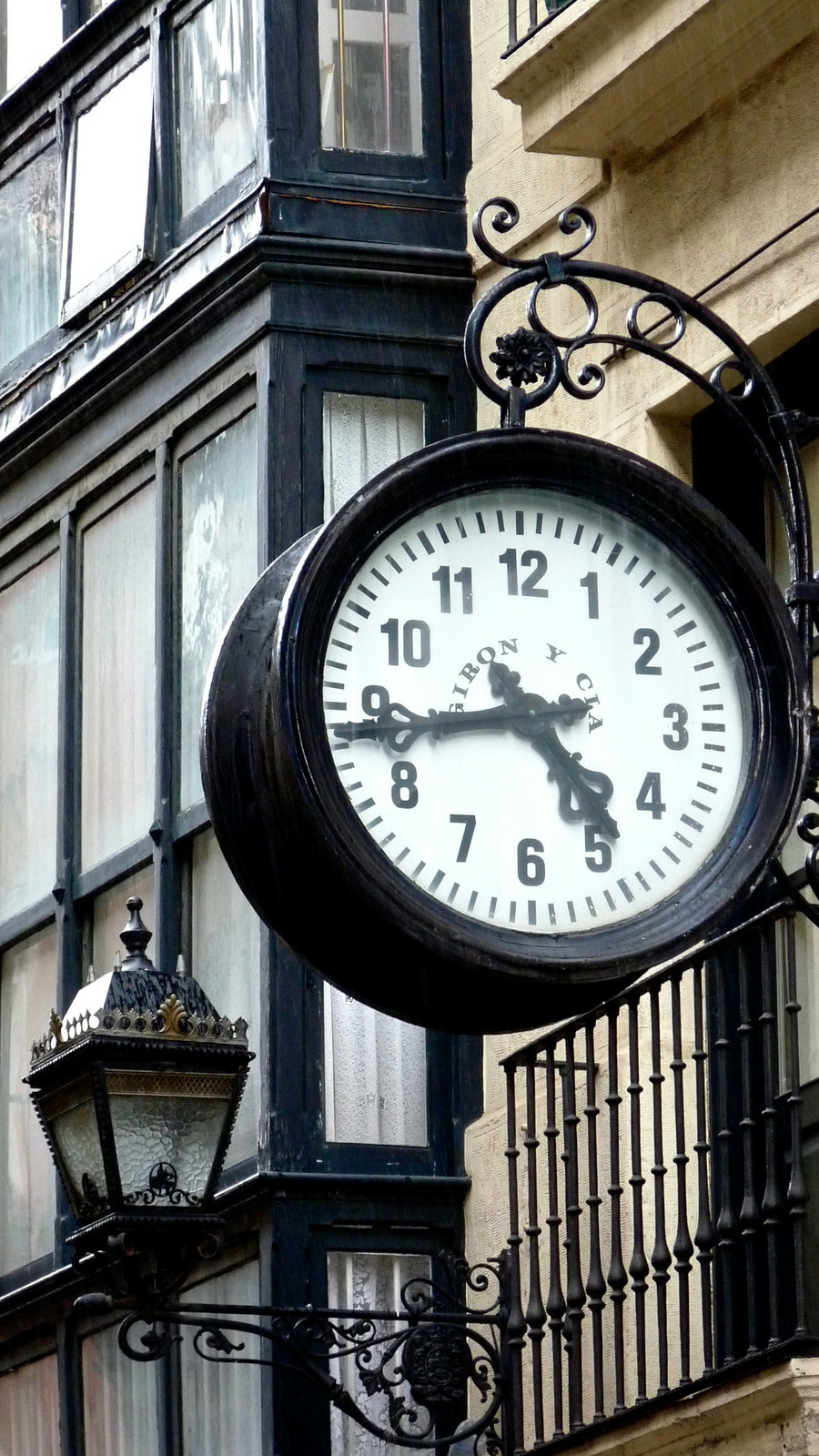


.png)

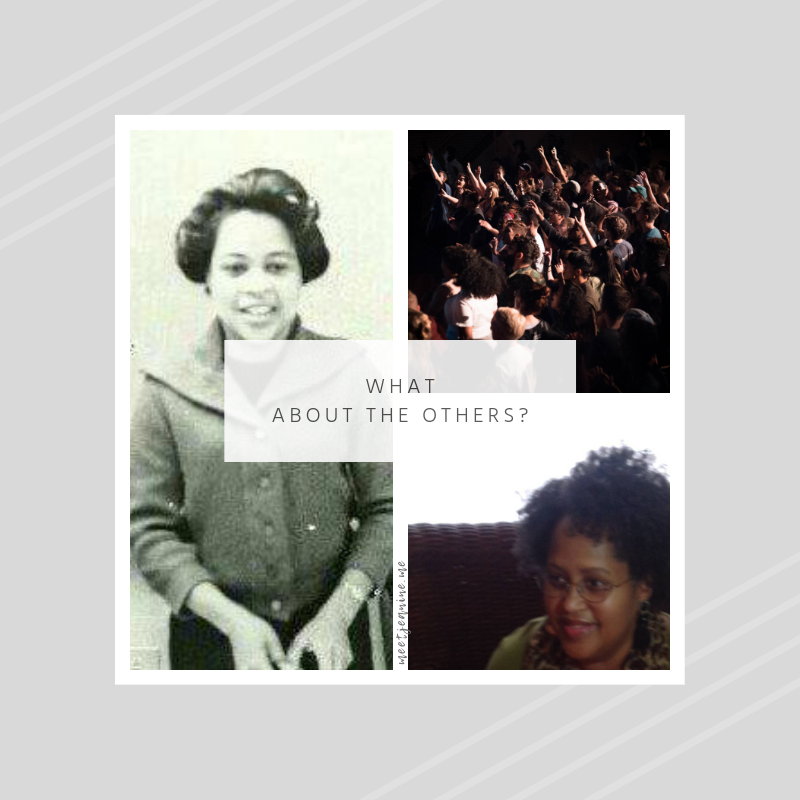



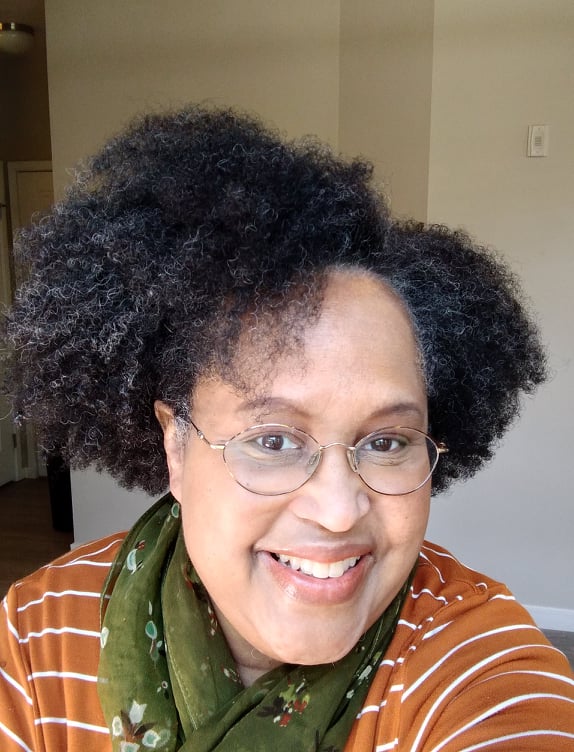
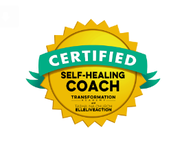

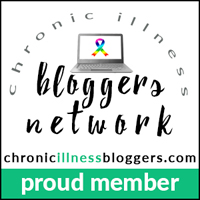
 RSS Feed
RSS Feed